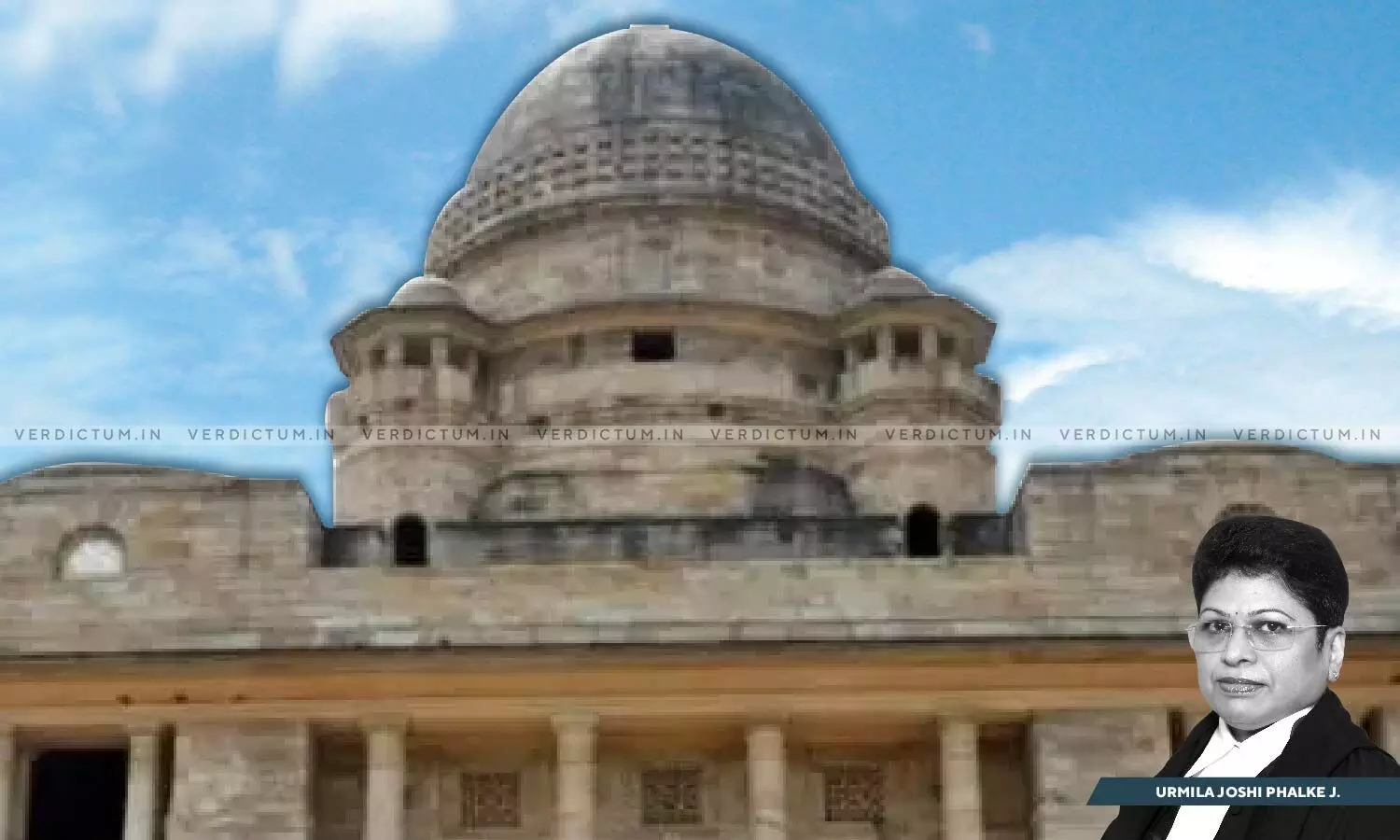
NDPS Act Defines Ganja As Only Flowering Tops Of Cannabis Excluding Seeds & Leaves: Bombay HC
 |
|The Bombay High Court clarified that the term "ganja" specifically refers to the flowering or fruiting heads of the cannabis plant, explicitly excluding its seeds and leaves.
Authorities stopped a white Maruti Swift car driven by the applicant and claimed to have seized around 50 kilograms of what was labelled as ganja from the vehicle’s back seat. The applicant was seeking bail after being charged under the Narcotic Drugs and Psychotropic Substances Act (NDPS Act).
A bench of Justice Urmila Joshi Phalke noted, “the definition of term ‘ganja’ defines and clarifies that ‘ganja’ is the flowering or fruiting tops of the cannabis plant excluding the seeds and leaves when not accompanied by the tops.”
The Court thus said, “Since the only flowering or fruiting tops of cannabis plant are classified as ganja, in absence of the said substance being seized from the applicant, prima facie involvement of the applicant is difficult to hold.”
Advocate RJ Mirza appeared for the applicant, while Additional Public Prosecutor AJ Gohokar appeared for the Respondent.
The Court further observed, “Admittedly, none of the investigating papers shows that either these materials were segregated and thereafter weighed. 7. The above state of affairs would make it clear that there is nothing on record to prima facie show that before carrying weight of the seized plant of ganja, the investigating officer had segregated the seeds or the other parts of the plant in order to ascertain the exact quantity of ganja.”
The Court pointed out that the First Information Report (FIR) and investigation records indicated that the seized materials were indeed leaves, seeds, stems, and stalks. The Court emphasized that there was no evidence in the investigation documents showing that these materials had been separated and weighed individually to determine the precise quantity of ganja.
The Court further remarked on the lack of clarity surrounding whether the seized amount could be categorized as a commercial quantity, which is critical in such drug-related cases. The Court noted, “As seen from the FIR and the investigation papers, the quantity of 50 kg of ganja was seized from the vehicle. However, the inventory certificate as well as the recitals of the FIR and the panchnama show that the seized articles were leaves, seeds, stems, and stalks,”
The Court referenced a recent Supreme Court ruling Ankur Chaudhary vs. State of Madhya Pradesh that underscored the significance of timely trials, as excessive delays infringe upon an accused individual's rights under Article 21 of the Constitution of India.
In light of these considerations, the Court concluded that the applicant had made a compelling case for bail.
Consequently, the Court granted bail requiring him to execute a personal bond of ₹50,000, along with a surety of the same amount.
Cause Title: Mohammad Jakir Nawab Ali v. The State of Maharashtra